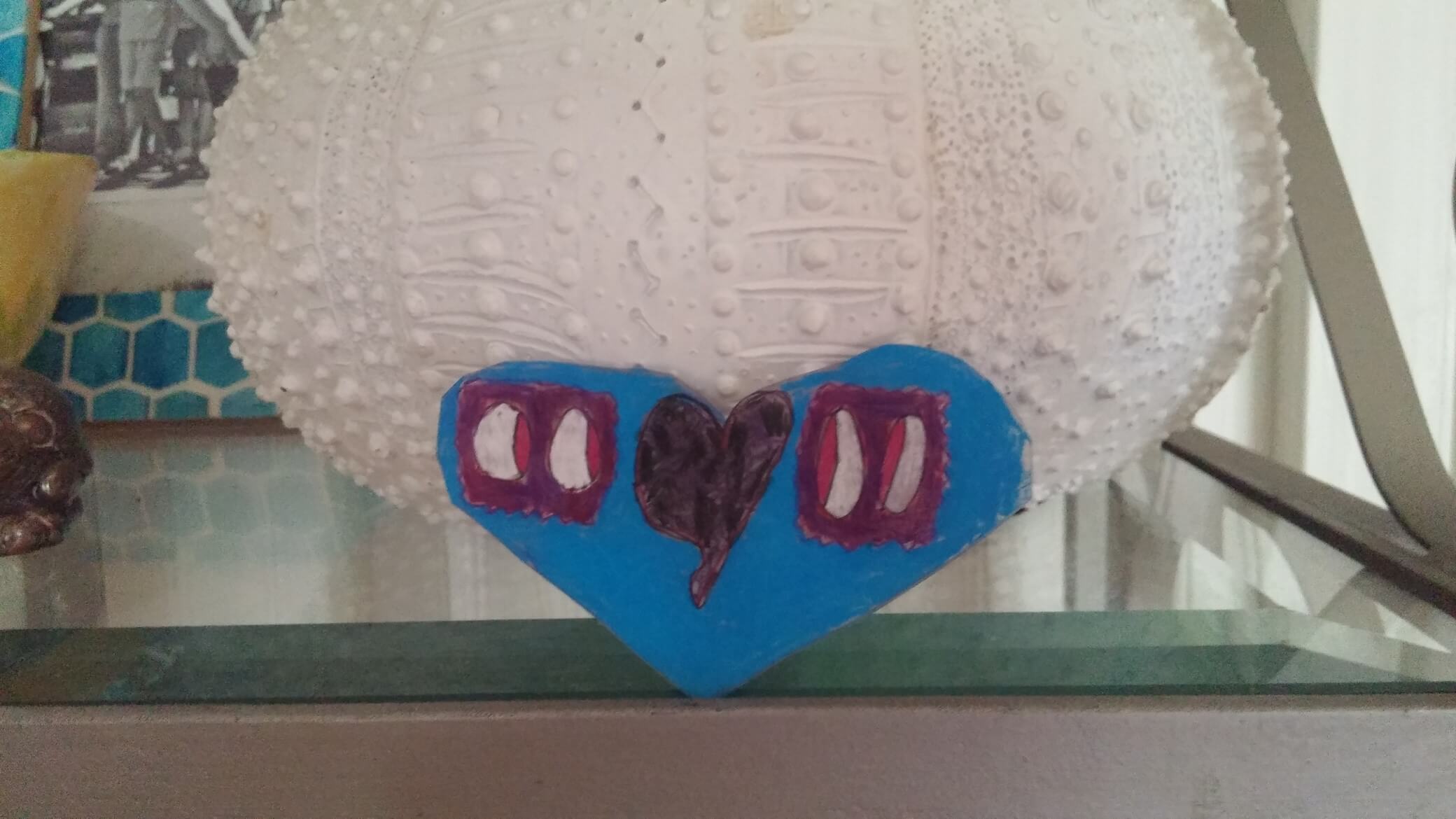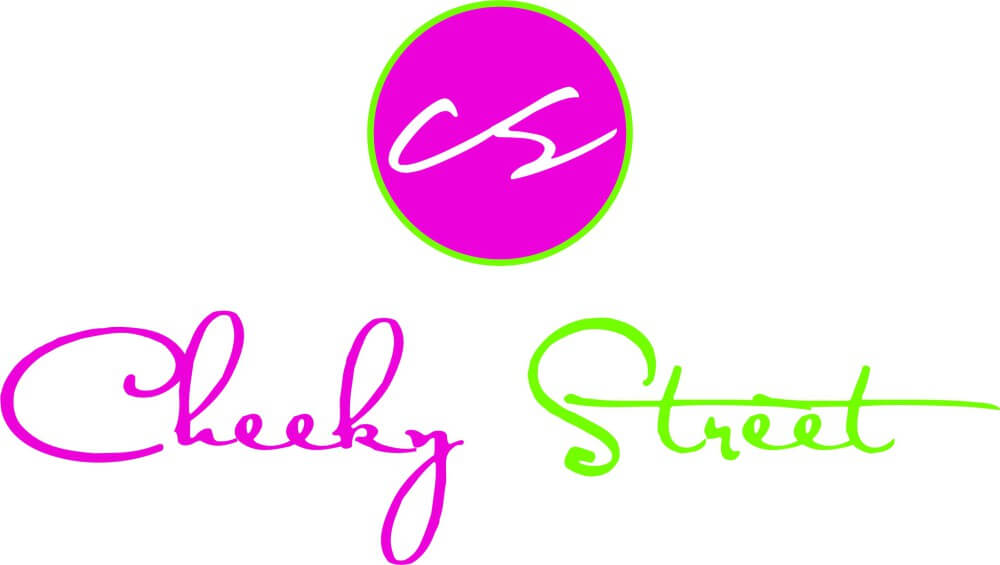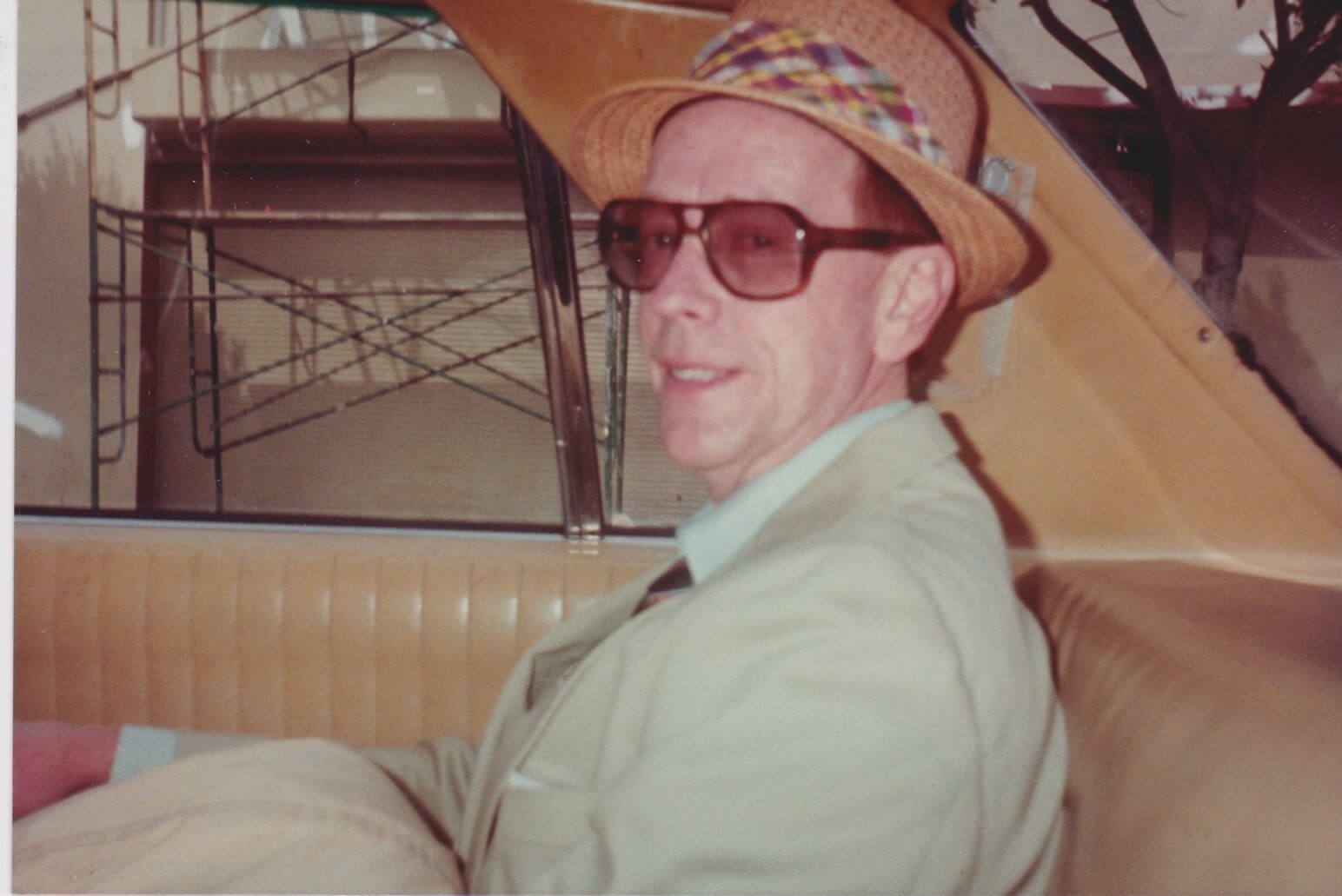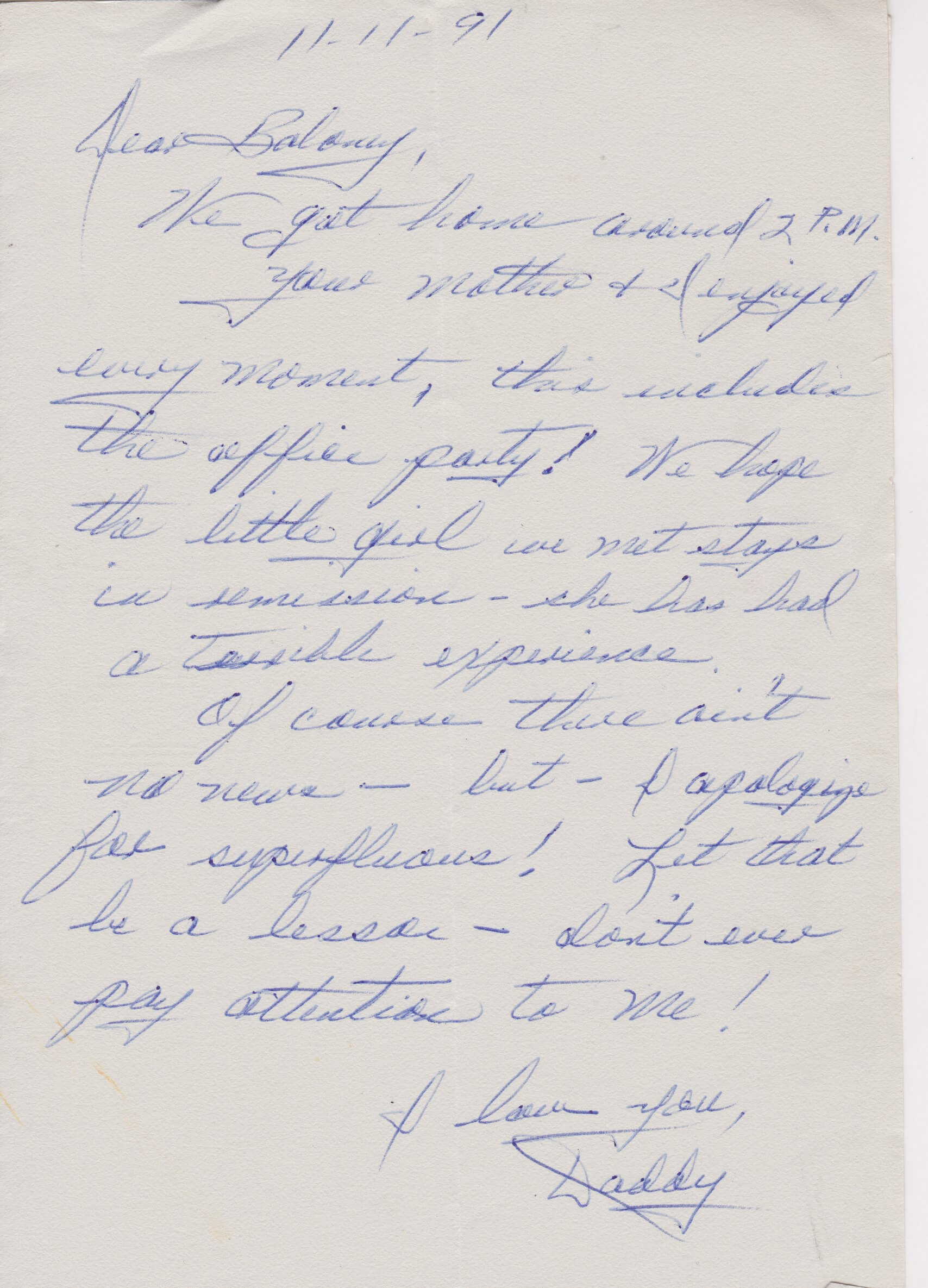There have been so many days I have wanted to blog about our recent experience with our adolescent son and his struggle with anxiety, depression, isolation and, we suspect, peer bullying. Every time I would be thinking about it, I felt like I would be violating our family’s privacy – but we have so much to share that could help others. In fact, one day late last Spring, at exactly the same time our family was dealing with the exact same issue, I was standing in the front office of my daughter’s High School when a tearful Mom approached the front desk. She softly requested, “I need to have my son’s transcripts. He is flunking every single class and has missed over 4 weeks of school. I don’t know what else to do.” Instead of rushing over to her and reassuring this Mom in her desperation, I quietly stood alone, stunned, dismayed, angry, and frightened – for her, for her son, and for our future.
Something is going on with adolescent boys that neither my husband nor I expected. This is not the case for every boy, of course, but it certainly was for ours – and countless others we have discovered, since we began talking openly about it.
The peer pressure and social isolation that girls feel in middle school can be doubly hard for boys – especially boys with a reputation for being “tough.”
When our 190-pound middle linebacker son started coming home from 8th grade last Winter and crying himself to sleep because he was “fat,” we became very concerned. It developed into an obsession and led to daily, irrational regimens of “clean” eating (absolutely no fat, sugar or carbs) followed by running 6 miles at a time on the treadmill- sometimes twice a day. He started losing weight quickly but that did not seem to make him happy. He became sullen and withdrawn and started avoiding going to school. Within weeks, he refused to go to school altogether – he would wake up crying and tell us, “You have no idea what I go through.” No, we didn’t. But he would not tell us.
A mad search for psychological help began, including seriously considering hospitalization at several points. Meanwhile, school work was stacking up and his friends were noticing his absences. But our son could not muster the will to care. We felt desperate and alone, just like the woman I witnessed asking for her son’s transcript. While our friends were focused on preparing their sons for high school sports and planning their Freshman academic year, we were either driving our son to different specialists seeking help and answers or huddled with him on his bed in his dark room – his “safe place” – and reassuring him that he would feel better soon. “It has been so long since I have felt well,” he would reply.
Skipping ahead a few months, once we found the right medication and had given it time to reach a therapeutic level, our son started to emerge from his fog. 50 pounds lighter, this was clearly a different kid. He began riding his bicycle with a good buddy – a “non-tough guy” friend. By the end of summer, it was not unusual for our son to spend many hours on his bike, sometimes alone, but clearly a much happier person. When he did start Freshman year, (fingers crossed), we did not have to push him to go to school. He seems to like it. And, instead of football, he announced he was joining Art Club. He brought this home to me the other night:

As frightening as it is to go through a deep, dark depression with one of your children, something beautiful emerges on the other side: a new person with a different perspective on who they are and where they want to go in life. We, as parents, definitely had dreams that our hard-core football player would continue to love the game (and give us something to do with our free time on Friday nights and beyond!). But it is okay – no, it is a MIRACLE – that this child we watched literally transform before our eyes is happy again and firm-footed in his own journey. We all learned that goodness can follow a sense of hopelessness. We are closer as a family now – I have my heart to prove it!



